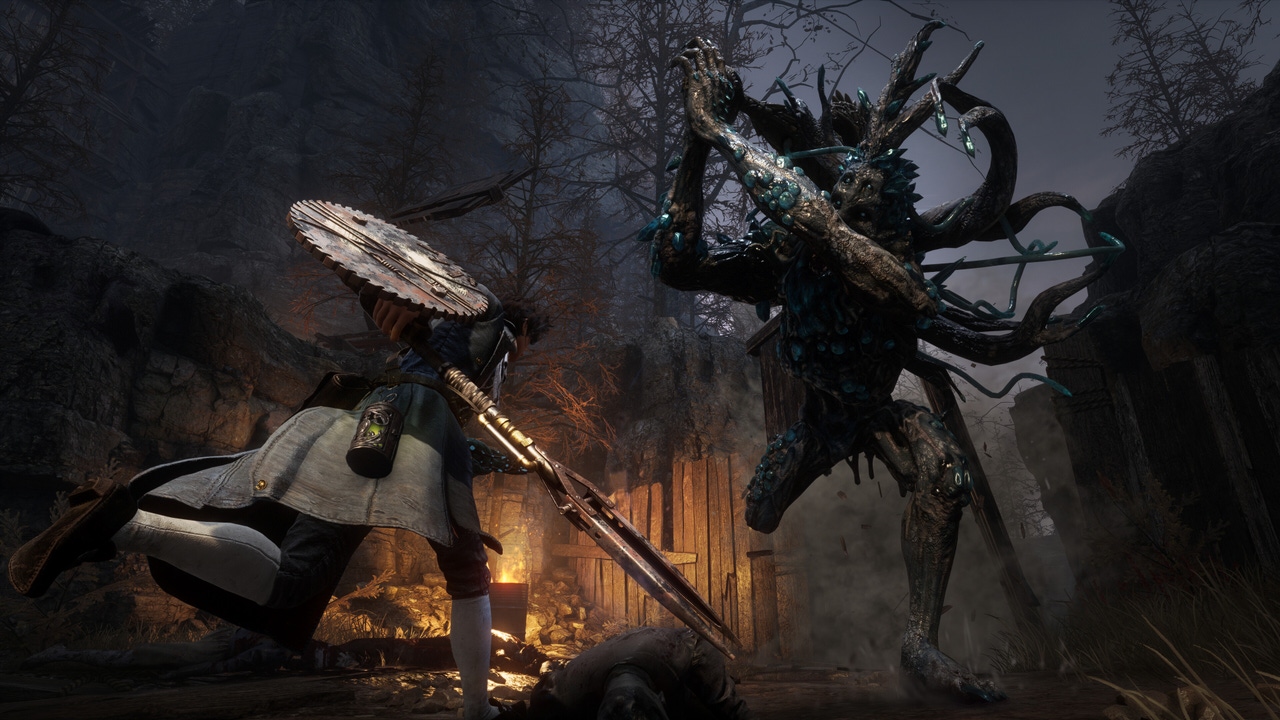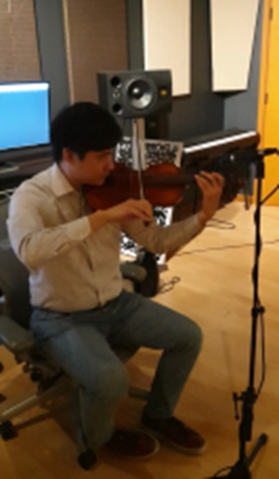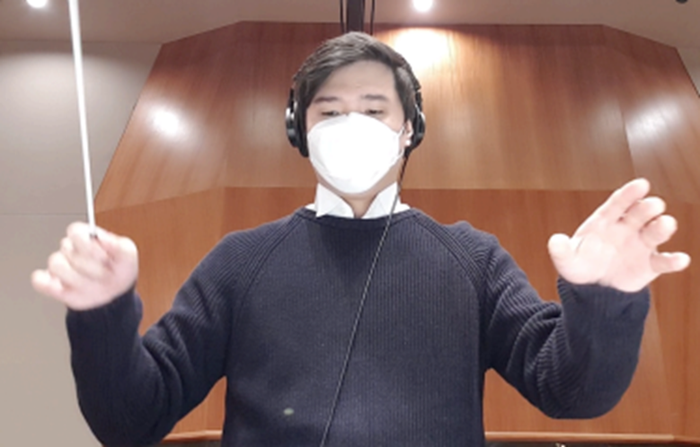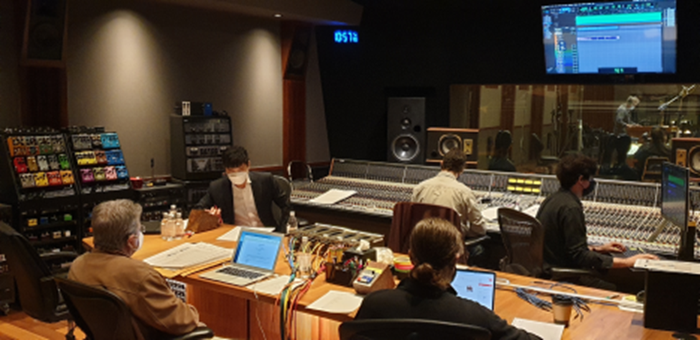Trending
Opinion: How will Project 2025 impact game developers?
The Heritage Foundation's manifesto for the possible next administration could do great harm to many, including large portions of the game development community.

Featured Blog | This community-written post highlights the best of what the game industry has to offer. Read more like it on the Game Developer Blogs or learn how to Submit Your Own Blog Post
When creating the music for Lies of P, I focused on balancing the musical elements to not be overly flashy or excessively dull. Instead, I delicately crafted the music to allow players to navigate subtle emotional nuances effectively.

As a game music composer, if I were asked about the proudest and most gratifying moment in my career, I wouldn't hesitate to say that it's when players listen to my music and experience a range of emotions. Whether it's feeling more excitement, sometimes sadness, sometimes joy, and even finding solace—when players feel these emotions without realizing that it's because of the music, that's when I feel the most proud and satisfied.

In that sense, I can say that the game Lies of P is the project that I'm most proud of and emotionally attached to as a composer. When creating the music for Lies of P, I focused on balancing the musical elements to not be overly flashy or excessively dull. Instead, I delicately crafted the music to allow players to navigate subtle emotional nuances effectively.
Lies of P is a Soulslike action role-playing video game developed by Neowiz Games and Round8 Studio. In Lies of P, players experience the game from a third-person perspective. They take charge of Pinocchio, a humanoid character, navigating the city of Krat on foot. When I initially discussed music with the Lies of P team, I put a lot of thought into how I could support the game's world musically without overtly showcasing my music. My the main focus was understanding precisely what the Lies of P team envisioned in terms of the musical aspect. Understanding their desires in the musical realm was paramount to me.

In my interactions with developers regarding a project, I prioritize asking numerous questions. Many composers make the mistake of assuming that exceptional skills alone guarantee success in their field. However, success goes beyond mere skill. Once a composer attains a certain level of expertise, the key to success lies in their ability to communicate and empathize with clients. I make it a point to ask a multitude of questions to comprehend the precise musical atmosphere desired by the client. For instance, I inquire about any reference images for the music, gameplay videos, similar games for reference, or specific music that resonates with them. Upon receiving these materials, I engage in discussions about the impressions I gather from them. If the client strongly connects with the musical ambiance I describe, I commence crafting music aligned with that sentiment. Occasionally, through good fortune, the music gets approved with minimal alterations.

However, if the music created doesn't align with the client's envisioned atmosphere, I delve deeper with additional queries to capture their specific preferences. This active engagement and communication with clients enable me to deliver satisfying results, ultimately leading to a successful project completion.
During my discussions with the Lies of P team, I applied all the aforementioned practices, leading to one of the most successful dialogues I've ever had. By incorporating numerous questions and discussions, I was able to gain a thorough understanding of the game. One of the most surprising outcomes of this process was during the first delivery I sent to the Lies of P team: they approved all the music without any further modification requests. It stands as one of the most remarkable achievements I've accomplished through understanding the game thoroughly and engaging in extensive conversations.
To avoid excessive musical prominence in Lies of P, the most effective approach I employed was to use fewer melodies and express diverse variations with limited melodic elements. This strategy aimed to provide players with ample yet uncomplicated musical information. This technique has been utilized by many composers throughout history, including Beethoven, Mozart, Brahms, and others. It involves taking a single thematic melody, using it fragmentarily, varying it, and employing it in a way that maintains overall coherence within the music.
By employing this method, I enable players to naturally immerse themselves further into gameplay without excessively focusing on the music. They finish their gaming experience joyfully while subtly imprinting the memory of the music for later reflection. Consequently, players often develop a profound and special connection with the music that accompanied their gaming journey, prompting them to seek out the game's music separately in the future. This phenomenon allows for a wonderful outcome where players hold a deeper appreciation for the music used in the game.

As an artist and composer, I believe the most important thing I should do is to help others. If I were to point out the biggest difference between classical composers and media composers, it would be that classical composers create art for themselves, while media composers make music to assist others. Through my music, I aim to help my clients create better works and aid players and audiences in concentrating more on the game or film. I want to be someone who helps others entirely through my music, rather than being a composer solely focused on my artistic value. I believe that approaching projects with the attitude of wanting to support others completely through my music is essential for continuing a successful career.
You May Also Like